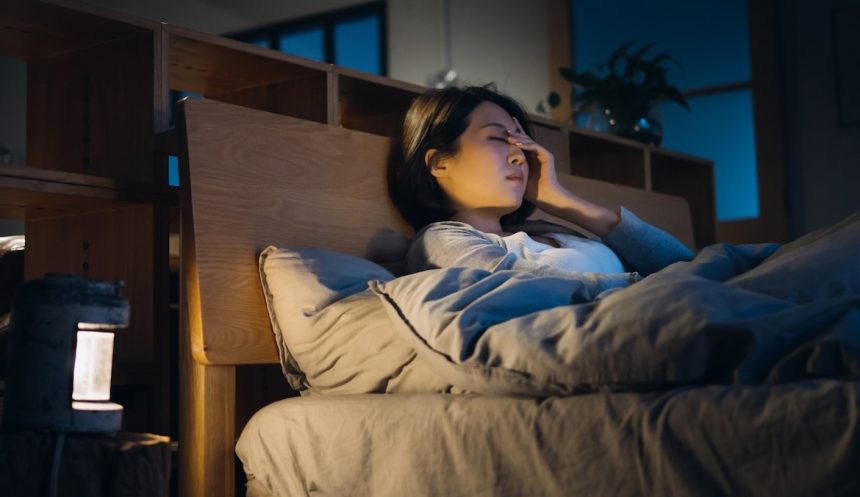You’re likely familiar with the morning allergy symptoms of a stuffy nose and congestion that tend to worsen upon waking. Throughout the day, you may manage well with environmental triggers like pollen, ragweed, or mold. However, as evening approaches and you settle in for the night, your itchy nose and watery eyes may start acting up again. The question may arise: Why do allergies intensify at night? According to Jessica Hui, MD, a pediatric allergist and immunologist at National Jewish Health in Denver, Colorado, it is quite common for allergy sufferers to experience peak symptoms such as itching, watering, and congestion at bedtime due to various factors related to indoor environmental conditions and the body’s natural rhythm.
Let’s delve into the primary causes of nighttime allergies and strategies to alleviate symptoms for better rest.
1. Pollen tracking indoors: Pollen particles can linger on your shoes, clothes, hair, or pet’s fur after spending time outside, potentially triggering symptoms when brought indoors. Be sure to wash off or change garments upon entering your home to minimize pollen exposure, especially if you’ve left windows open.
2. Dust accumulation in the bedroom: Dust mites, common allergens, tend to accumulate in bedding, pillows, mattresses, carpets, and curtains. Regularly cleaning and washing these items can help reduce dust-related allergy symptoms when you go to bed.
3. Humidifier use: While humidifiers can provide relief during dry weather, they can also create a favorable environment for dust mites and mold spores to thrive, exacerbating allergy symptoms in sensitive individuals.
4. Proximity to pets: Pets can carry outdoor allergens like pollen on their fur, even if you’re not allergic to pet dander itself. Keeping pets out of the bedroom or off the bed can help minimize exposure to allergens that may worsen symptoms at night.
5. Circadian rhythm influence: The body’s natural clock may play a role in exacerbating allergy symptoms during nighttime and early morning hours due to variations in cortisol levels impacting allergic responses.
6. Body position during sleep: Lying down in a flat position can lead to a buildup of mucus in the nasal passages, causing congestion and post-nasal drip. Elevating your head with additional pillows or sleeping on your side can help alleviate these symptoms.
By implementing simple lifestyle adjustments and pre-sleep routines, you can effectively manage nighttime allergies and improve your quality of rest. Remember to take allergy medications before bed as prescribed, maintain a clean indoor environment, and avoid potential allergen triggers to minimize nighttime symptoms. If symptoms persist despite these measures, consult with a healthcare professional for personalized evaluation and treatment recommendations.






